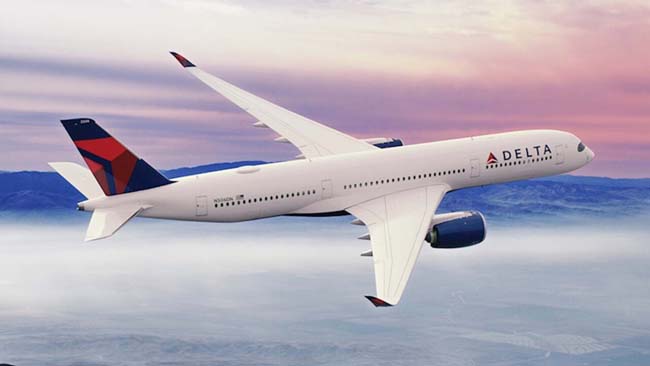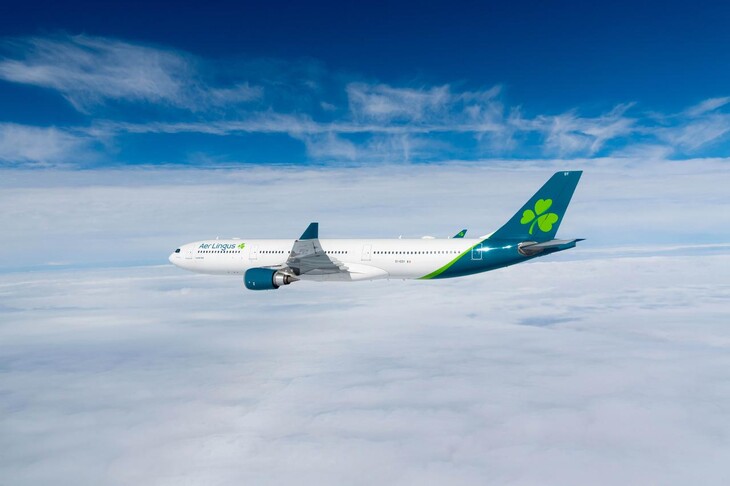Tuesday, August 13, 2024 Explore how Artemis Aerospace unveils the intricate history of airline slot allocations and their impact on the aviation industry. When you track an aircraft on Flightradar or watch the white trails crossing a bright blue sky, do you ever ponder the logistics behind scheduling flight slots? You might assume it’s an unrestricted global affair where airlines can schedule flights on a whim—from Heathrow to Sydney today, or perhaps from Gatwick to Melbourne tomorrow, with no repercussions for altering plans. However, this isn’t the case.
Every flight departing from a major airport must adhere strictly to its assigned slot. An airport slot grants authorization to utilize facilities such as runways, gates, and terminals on designated dates and times, allowing an aircraft to either depart or arrive. These slots are distributed based on biannual guidelines from the International Air Transport Association (IATA) Worldwide Airports Slots Group, which collaborates with airlines and various stakeholders to ensure equitable access and efficient coordination.

This process aims to enhance safety and operational efficiency at highly trafficked airports. In the UK, the distribution of these slots is managed by Airport Coordination Ltd (ACL), a pioneering independent slot coordination entity funded by airport operators. ACL assigns slots for both the winter and summer travel seasons.
The coordination at airports is structured into three distinct tiers: Tier 1 involves situations where the airport’s facilities are generally sufficient to handle the incoming and outgoing traffic, making additional coordination unnecessary. Tier 2 requires a collaborative approach between the airport and airlines, especially during peak times when there is a likelihood of congestion. Tier 3 pertains to airports that are significantly overwhelmed by the volume of demand, necessitating strict slot allocations for all carriers and operators.
Twice annually, the International Air Transport Association (IATA) organizes a conference attended by over 400 stakeholders from various airports and operating entities. This event is critical for negotiating and securing slots that are crucial for expanding their aviation operations effectively. Slots at airports are a critical asset, especially at busy hubs where they can signify control over major routes.
Historically, some carriers acquired these slots to monopolize routes without intending to use them, stifling competition. To counteract this, regulations including the 80/20 ‘use it or lose it’ rule were established. This rule mandates that airlines must utilize at least 80% of their slots; failure to comply results in these slots being reassigned to other carriers.
Exceptions to this rule were made during significant events like the Covid pandemic. The International Air Transport Association (IATA) notes that over 200 airports are categorized as Level 3, indicating high congestion. These airports handle around 50% of global airline passengers, with 35% of flights connecting two Level 3 airports.
In the context of the United Kingdom, London Heathrow stands out as the largest airport, ranking fourth globally with nearly 80 million passengers in 2023. It also boasts some of the most sought-after slots. Winter season data for 2023-2024 from ACL highlights that British Airways holds 4779 slots at Heathrow, the highest number, making up more than half of all slots.
Virgin Atlantic follows distantly with 392 slots. The appeal of a slot varies with seasonal travel trends and the target demographic of travelers, such as business or leisure. Unique factors like ‘screen tourism’ can also influence demand; for example, Aer Lingus secured a new slot from Ireland West Airport to Heathrow following the cinematic success of ‘Banshees of Inisherin,’ which highlighted the west of Ireland’s allure.
With slots in short supply, the battle for profitable ones is intense. While IATA discourages outright sales, it allows for trading or leasing of unused slots. A notable transaction occurred in 2016 when Oman Air acquired two slots from Air France-KLM at Heathrow for US$75 million.
Additionally, unforeseen global incidents can create unexpected opportunities; for instance, Aeroflot’s exit from Heathrow post-Ukraine invasion freed up approximately 1300 slots, benefitting six airlines. Ultimately, slot management aims to minimize delays, protect passenger interests, and optimize aircraft movement. Every time you see a plane in the sky, it’s the result of intricate slot management that enabled its journey.
.



















